Family Reunification: Who Can Apply?
Denmark allows spouses, registered partners, cohabiting partners, and children under 18 to apply for family reunification. To qualify, the sponsoring person (you) must have a legal residence permit and meet financial requirements. The application is assessed based on factors such as income, accommodation, and integration potential. For non-EU applicants, additional documentation is required to prove a genuine relationship.
What to Know
Spouse & Partner Visa Requirements
If your spouse or partner wants to join you in Denmark, you must meet strict financial and housing conditions. This includes earning a stable income, having suitable accommodation, and in some cases, demonstrating Danish language skills. The process varies for EU vs. non-EU citizens, with EU partners benefiting from simplified registration under EU free movement laws.
Bringing Children to Denmark
Children under 18 can apply for family reunification if one or both parents legally reside in Denmark. Parents must provide proof of financial stability and suitable living conditions. School-aged children will be required to enroll in Danish education, with integration programs available to help them adjust.
Application Process & Processing Time
Applications for family reunification are submitted to the Danish Immigration Service (SIRI) and typically take 6-12 months for approval. The process involves submitting proof of relationship, financial stability, and accommodation documents. Some cases may require an integration assessment to ensure successful adaptation to Danish society.
Rights & Benefits of Family Reunification
Once approved, family members receive a residence permit allowing them to live, work, and access healthcare in Denmark. Spouses and partners can also apply for work permits, while children are entitled to free education and social benefits.
Is it Really Worth it?
While Denmark’s family reunification process can be strict and time-consuming, proper preparation can make the process smoother. Understanding the financial, housing, and integration requirements is key to ensuring a successful application. If you’re planning to bring your spouse, partner, or children, start the process early and ensure all documentation is in order.
Recommended content
Explore Denmark
Vil Du Lære Dansk?
The Danish language can be a challenge, but it’s also a gateway to deeper integration and everyday ease in Denmark. In this guide, we explore how to learn Danish, what resources are available, and why even basic skills can make a big difference. Whether you’re just starting out or looking to improve, this is your roadmap to mastering Danish.
Danish Work-Life Balance
Denmark is world-renowned for its exceptional work-life balance, where a 37-hour workweek, flexible schedules, and generous vacation time are the norm. In this guide, we break down what makes Danish workplace culture so unique, how it benefits both employees and employers, and what you can expect when working in Denmark. If you’re seeking a healthier balance between work and life, Denmark sets the gold standard.
Featured Articles
Is Greenland Part of Denmark? It’s Complicated.
Greenland is part of the Kingdom of Denmark—but with a twist. While it has its own government and growing independence, Denmark still plays a major role in areas like foreign policy and funding. In this section, we break down the unique political, cultural, and economic relationship between Greenland and Denmark—what connects them, what separates them, and why it matters today.
Sorry Britannia—Denmark Really Does Rule the Waves. Here’s Why.
Denmark punches well above its weight when it comes to the sea. From global shipping giants to cutting-edge green maritime tech, Denmark has quietly become a world leader on the water. In this article, we dive into how this small nation outpaces the competition—and why it might just be the true ruler of the waves.
Contact/FAQs/Articles
Contact Us Anytime
Reach out to us for personalised advice or to schedule a consultation.
Thinking about moving to Denmark? We’re here to help! Whether you need guidance on work visas, residency permits, housing, or life in Denmark, our team is ready to provide clear, advice tailored to your situation.
FAQs about Moving to Denmark
Your Essential Questions Answered: Everything You Need to Know About Moving to Denmark.
Learn More About Work/Life in Denmark
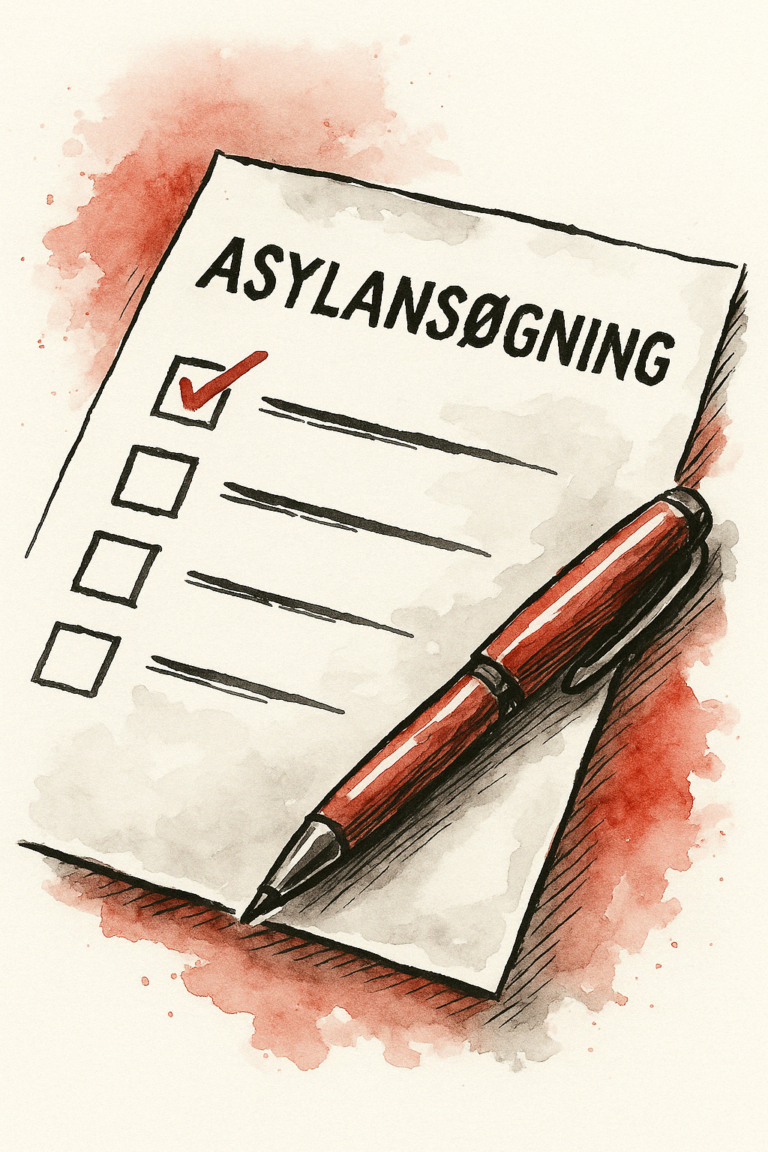
Special Visas Including Asylum in Denmark
Understanding special visas including asylum in Denmark is essential if you seek protection or specialized residency due to unique circumstances. This step-by-step guide will walk you logically through the entire process, clearly explaining each crucial stage. 1. Types of Special…
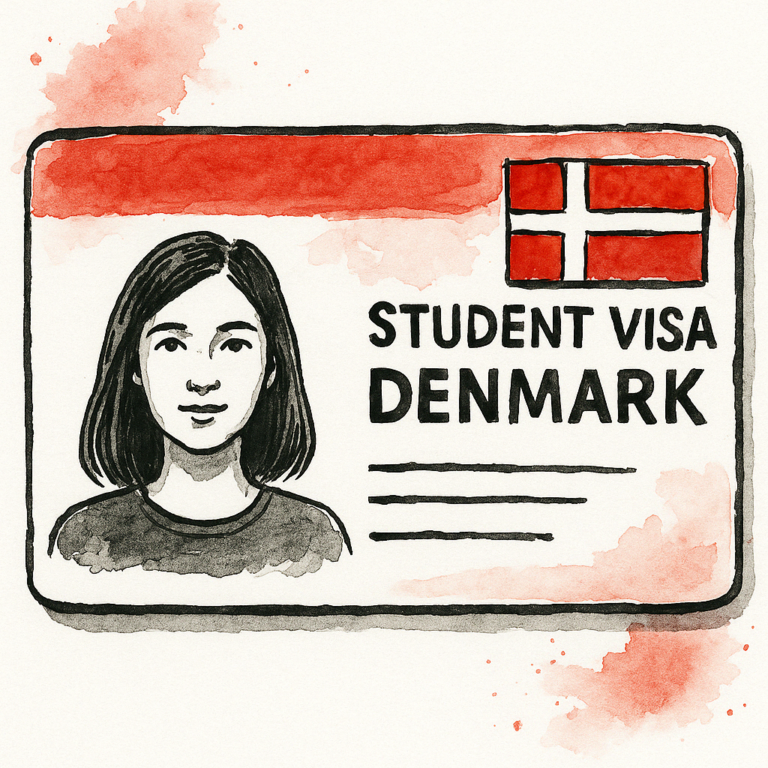
Study and Other Visas in Denmark
If you plan to study or stay in Denmark for reasons other than employment or family reunification, understanding the process of obtaining study and other visas in Denmark is crucial. This detailed guide covers everything from eligibility criteria to the…
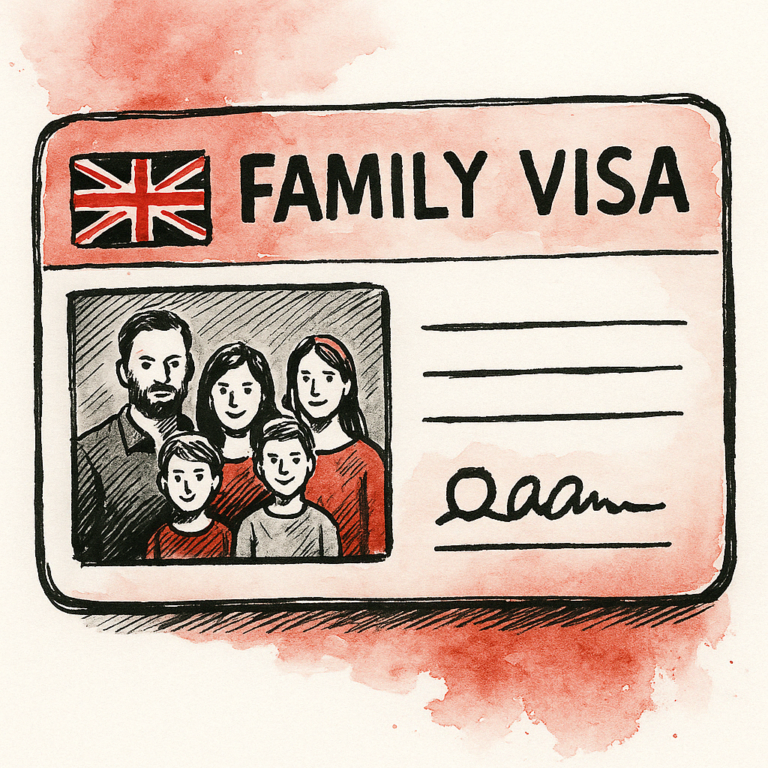
Family Reunification Visa in Denmark
If you’re planning to join your family in Denmark, understanding the process and requirements of a family reunification visa in Denmark is crucial. This guide thoroughly explains the application process, eligibility criteria, and compliance to help you smoothly reunite with…
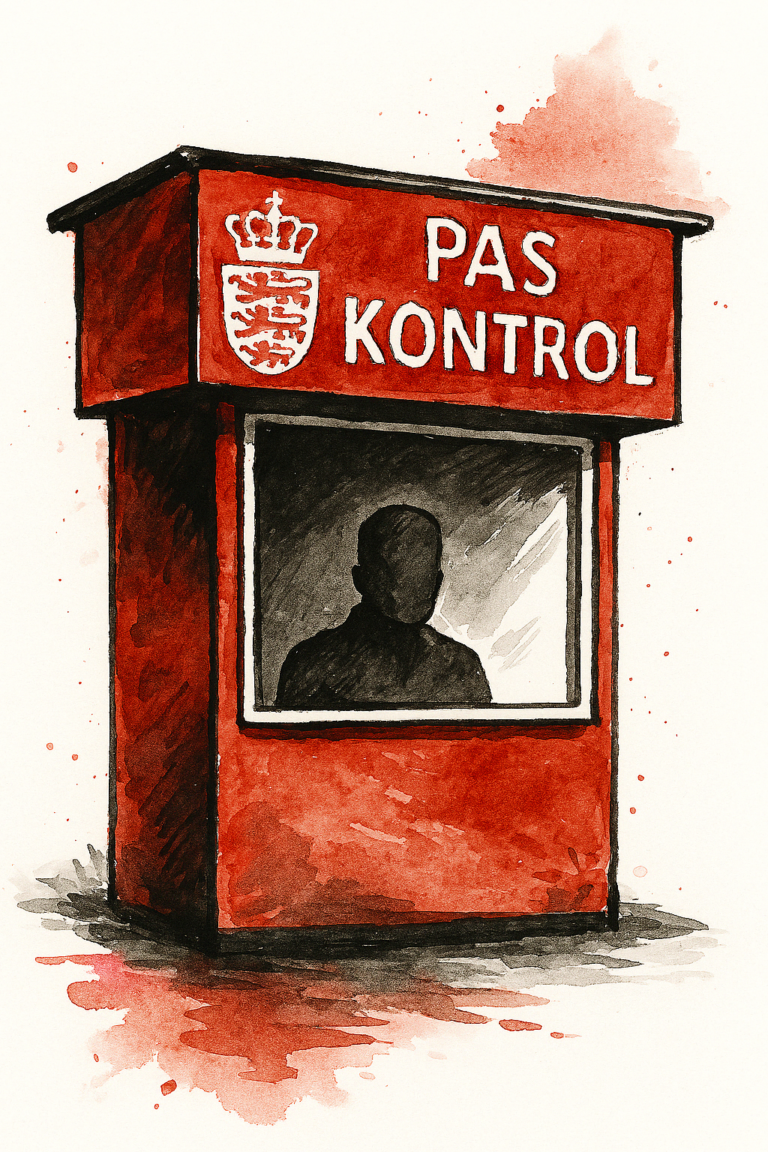
Long-Stay Visas & Residence Permits in Denmark
If you’re planning an extended stay in Denmark for work, study, or family reunification, understanding Long-Stay Visas (National Visas & Residence Permits in Denmark) is essential. This comprehensive guide covers the necessary steps, documentation, and compliance rules to smoothly navigate…
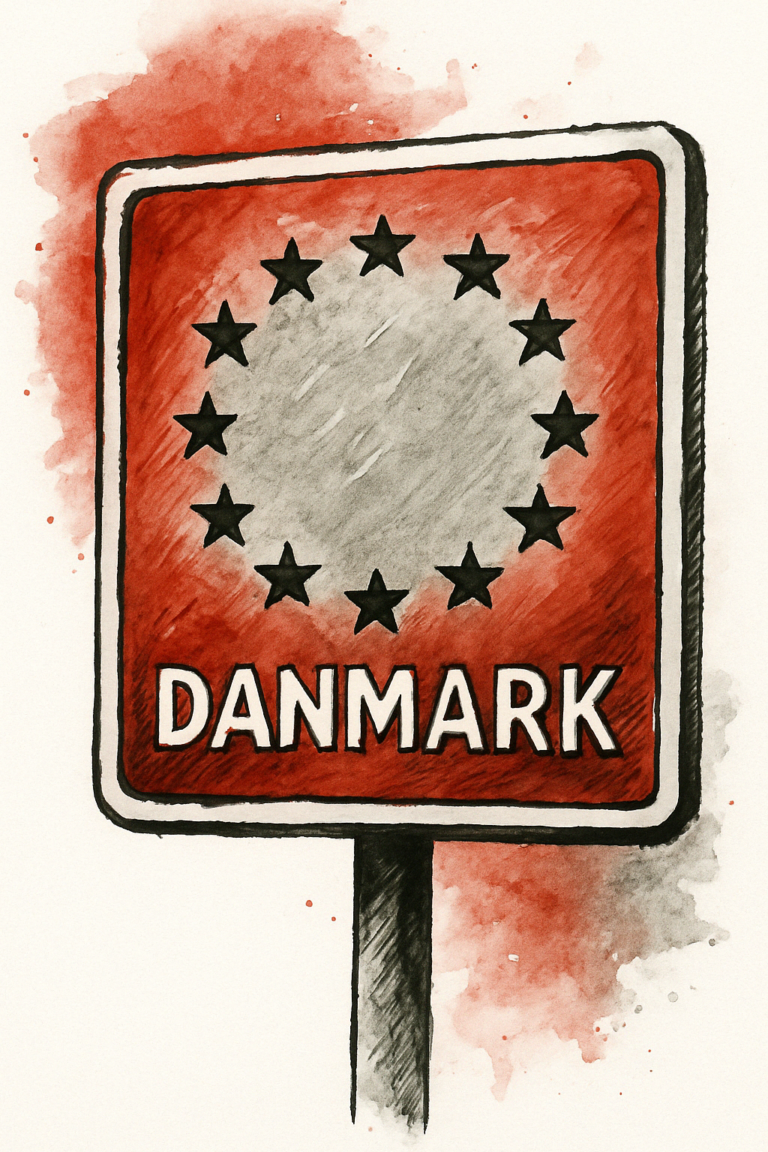
Short-Stay Visas in Denmark
Understanding short-stay visas (Schengen visas) is essential if you’re planning to visit Europe for tourism, business, or personal reasons. This guide provides comprehensive details on obtaining, using, and complying with the Schengen Visa rules, ensuring your travel plans go smoothly….
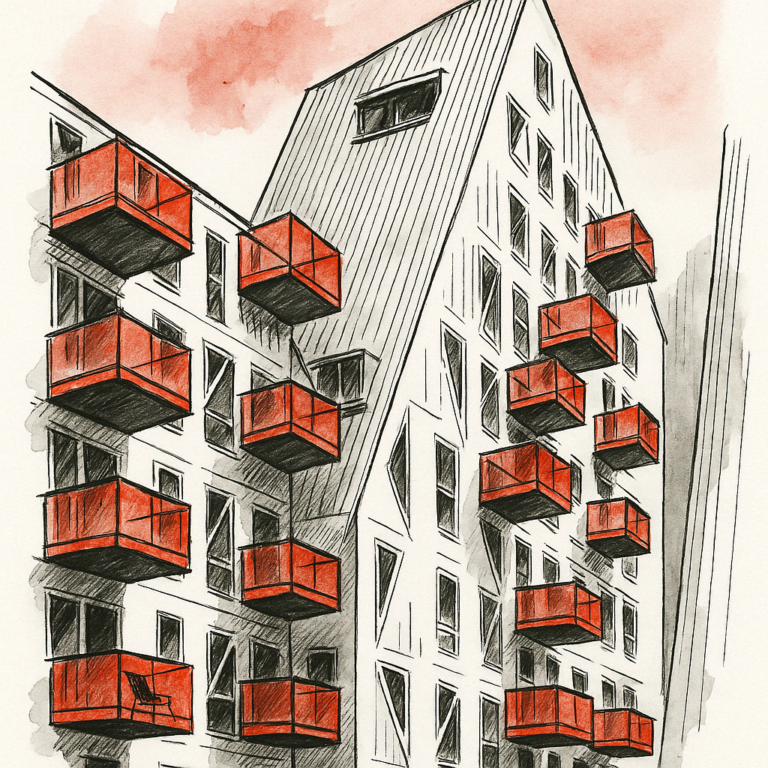
Healthcare in Denmark
Healthcare in Denmark is universally regarded as one of the best systems in the world. The country provides a high standard of healthcare services to its residents and expats, offering universal access through its publicly funded system. Whether you’re moving…
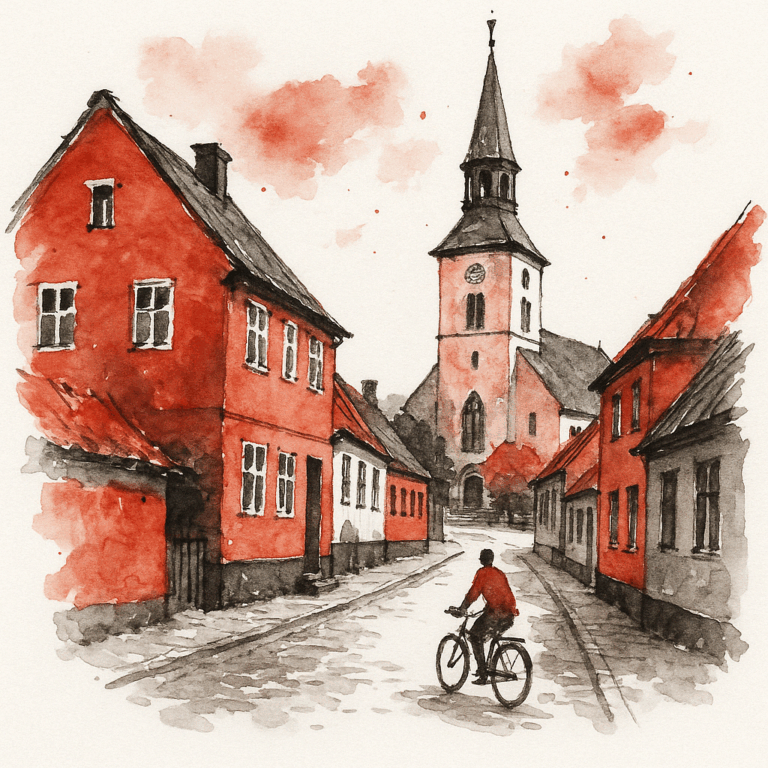
Everyday Life & Practicalities in Denmark
Everyday life & practicalities in Denmark are essential aspects for anyone planning to live, work, or travel to Denmark. Whether you’re a new expat, a tourist, or just curious about Danish culture, understanding how things work on the ground will…

Healthcare & Well-being in Denmark
Understanding healthcare & well-being in Denmark is essential for expats looking to settle in the country. Denmark offers a robust healthcare system that is publicly funded and provides a wide range of services for both residents and visitors. This guide…

Danish Language Courses Copenhagen for Expats
If you’re an expat living in Copenhagen, learning Danish is one of the most important steps to integrate into Danish society. Whether you’re looking for free Danish classes Copenhagen for foreigners, affordable Danish language schools Copenhagen, or intensive Danish courses…
